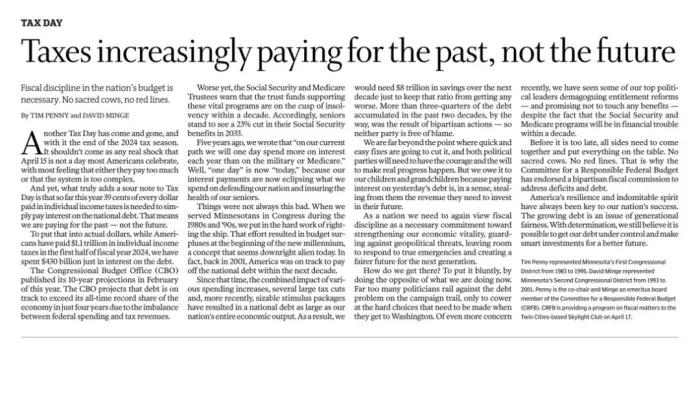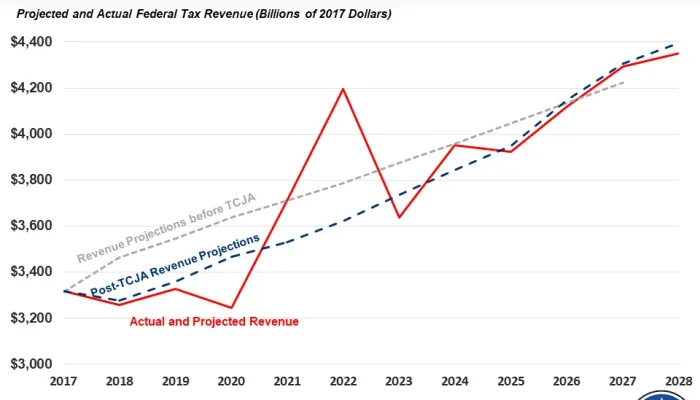What Will Congress Do With the Tax Extenders?
Last week, the House Ways and Means Subcommittee on Select Revenue Measures held a review of "tax extenders" -- tax provisions that have been enacted on a temporary basis but are frequently extended. The hearing featured testimony from members of Congress who had sponsored legislation to extend one or more extenders, with each of them having to defend their particular tax breaks.
The Joint Committee on Taxation has previously reported that 75 tax extenders either already expired at the end of last year or would expire by the end of the year, adding to the impact of the fiscal cliff created with the expiration of the 2001/2003 tax cuts and the sequester, among other policies.
These tax extenders are wide ranging (see a closer look at five of the extenders here) from tax breaks for fossil and renewable fuels; to the deduction of state and local sales taxes; to credits for maintaining railroad tracks, film and TV production, and R&D; to accelerated depreciation for "motorsports entertainment complexes" (i.e. NASCAR tracks). Howard Gleckman in a post on TaxVox states that having these tax provisions be temporary should theoretically allow Congress to review their effectiveness, but that this is not the case in reality.
This review almost never happens. Instead, after much delay and speechifying, Congress mindless extends the subsidies en bloc.
The political pressure to do this is immense. Today, for instance, the Business Roundtable, which represents CEOs of many of the nation’s biggest companies, told Congress it "strongly supports the immediate and seamless extension of the expired business tax provisions from last year."
My guess is that if you asked one of these corporate execs to name just three of the dozens of tax breaks the BRT has so wholeheartedly embraced, you’d get a blank stare. Yet, this group—which regularly demands that Congress address the budget deficit–wants all the business extenders extended (it said nothing about individual tax breaks that are also expiring).
The tax extenders to some extent represent a lot of what is wrong with the current code. As these provisions are temporary, individuals and businesses cannot plan that they will be available in the future, creating significant uncertainty; in addition, making them temporary also hides their deficit impact. But even if they were permanent, many are mostly parochial carveouts that create additional complexity and economic inefficiency in the tax code. As if we needed more of that!
Gleckman was somewhat encouraged by the hearing, which showed Congress finally doing its job of evaluating the extenders individually rather than mindlessly extending them as a whole. Ideally, they would at least pay for the ones they feel should stay and discard ones they don't all in the context of tax reform. Whether this review will yield any dividends in the form of a better tax code or whether we will see the same old horsetrading result will be apparent by the end of the year. Still, whatever the result, any extensions should be at least be fully paid for, if not more than offset in the context of tax reform.


